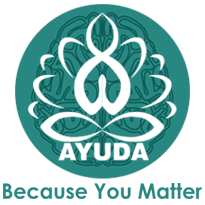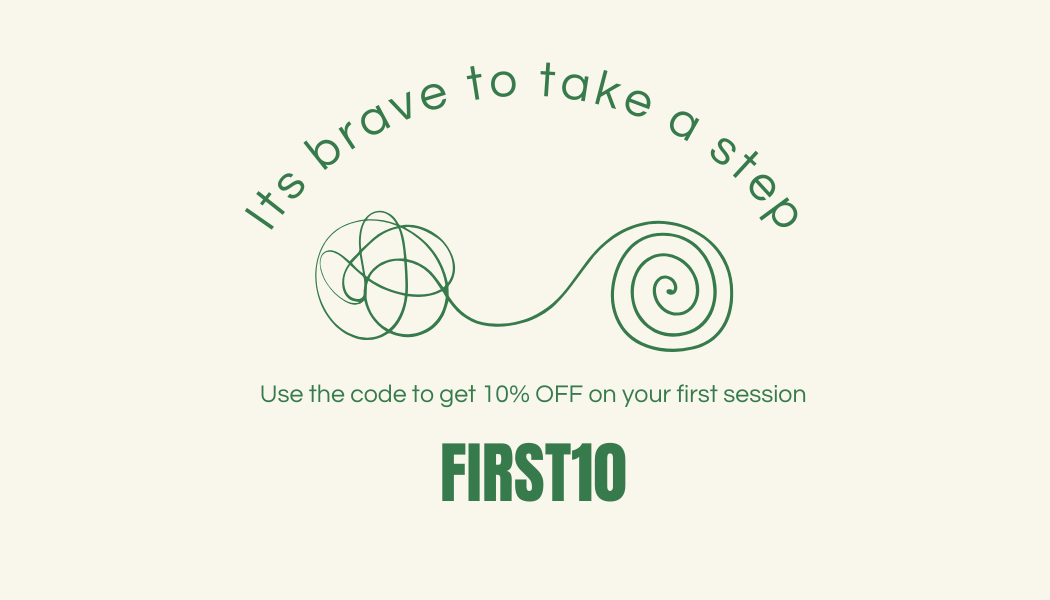Healing after a toxic relationship can be a profoundly challenging experience. Such relationships often leave deep emotional scars that can affect one’s self-esteem, mental health, and overall well-being. However, recovery is not only possible but can lead to a stronger, more resilient you. Here, we will examine detailed steps and strategies that will help you heal and move forward in a positive way.

Recognizing the Impact of a Toxic Relationship
To begin the healing process, we must acknowledge the impact of a toxic relationship. Such relationships are characterized by behaviors that are emotionally and sometimes physically damaging. It is important to recognize these effects in order to begin the healing relationship process.
1. Emotional and Psychological Effects:
Toxic relationships can cause:
- Low self-esteem: Constant criticism and manipulation can damage your confidence.
- Anxiety and depression: The stress and emotional tension can lead to mental health issues.
- Trust issues: Betrayal and dishonesty can make it hard to trust others in the future.
2. Physical Health Consequences:
Chronic stress from a toxic relationship can also manifest physically:
- Fatigue and insomnia: Constant stress can disrupt your sleep patterns.
- Weakened immune system: Ongoing stress can make you more prone to illnesses.
- Chronic pain: Stress can exacerbate physical pain and lead to conditions like headaches and back pain.
3. Behavioral Symptoms:
- Isolation: Withdrawal from social interactions due to shame or fear.
- Avoidance of Social Situations: Fear of judgment or encountering a toxic person can lead to avoidance.
- Substance Abuse: Some may turn to drugs or alcohol to cope with the pain.
Related Articles:
How To Think Positive When Depressed?
What is the Purpose of Pre Marriage Counseling?
Importance of Family Counselling for Separated Parents
Causes and Risk Factors
1. Personal History and Background:
- Childhood Trauma: Early experiences of abuse or neglect can make individuals more sensitive to toxic relationships.
- Previous Abusive Relationships: Repeated toxic relationships can form a pattern that is difficult to break for some people.
2. Personality Traits:
- Low Self-Esteem: Individuals with low self-esteem may be more vulnerable to accepting poor treatment.
- Dependency: Those who are overly dependent on others for validation and support are at higher risk.

3. External Influences:
- Societal Pressure: Societal norms and pressures can sometimes normalize or excuse toxic behavior.
- Cultural Norms: Certain cultural beliefs and practices may perpetuate unhealthy relationship dynamics.
How to Get Out of a Toxic Relationship?
1. Acknowledge Your Feelings:
A healing relationship begins with acknowledging your emotions. Don’t be afraid to feel pain, anger, sadness, or confusion. Keeping emotions inside can prolong the healing process. You can process these feelings by writing in a journal or talking to a trusted friend.
2. Seek Professional Help:
If you are having trouble, you should seek the help of a therapist or counsellor. Professional guidance can provide you with the tools to navigate your emotions and develop healthy coping mechanisms. Therapy can also help you identify any patterns that might lead to future toxic relationships.
Tip: If you want to heal after a toxic relationship, Ayuda Mind Care is here to help. Our expert team provides counselling for relationship issues, offering you the professional support and guidance needed to navigate your emotions and rebuild your life.
With personalized therapy sessions, we can help you develop healthy coping mechanisms, establish boundaries, and rediscover your sense of self. Don’t face this journey alone—reach out to Ayuda Mind Care and start your path to a healing relationship today.
3. Establish No Contact:
One of the most crucial steps in healing is establishing no contact with your ex-partner. We won’t be answering calls, texting, or interacting on social networks. It will be easier for you to focus on your recovery if you remove this person from your life.
4. Build a Support System:
Surround yourself with a supportive network of friends and family. Share your experiences with them and lean on them for support. Engaging in social activities can also distract you from negative thoughts and help you regain a sense of stability.
5. Focus on Self-Care:
Self-care is essential in the healing relationship process. This includes:
- Physical activity: Exercising can reduce stress and improve your mood.
- Healthy eating: A balanced diet can improve your physical and mental health.
- Mindfulness and meditation: These practices can help you stay grounded and reduce anxiety.
6. Rediscover Yourself:
A toxic relationship can cause you to lose sight of your identity. Spend time rediscovering your interests and passions. You can fill your life with joy by engaging in hobbies and activities you enjoy.
Rebuilding Your Life After a Toxic Relationship
1. Rebuilding Self-Esteem
Rebuilding your self-esteem is vital. Take part in activities that make you feel competent and confident. Surround yourself with positive influences and affirmations.
2. Pursue Personal Growth
Consider this period as an opportunity for personal growth. Whether it’s pursuing a new career, learning a new skill, or setting new goals, focus on becoming the best version of yourself.
3. Forming Healthy Relationships
As you heal, you’ll be ready to form new relationships. Approach these with caution and awareness. Look for signs of respect, trust, and mutual support in any new connections you make.

Healing from a toxic relationship is a challenging but rewarding journey. By acknowledging your emotions, seeking support, and focusing on self-care, you can rebuild your life and emerge stronger and more resilient. Remember, the path to healing is personal and unique to each individual. Take the time you need, and don’t rush the process.








